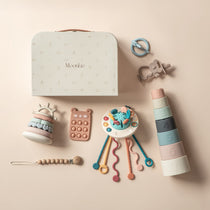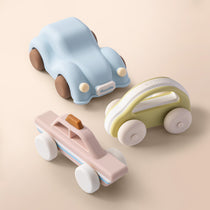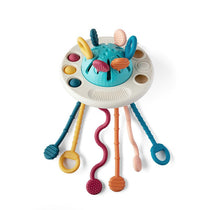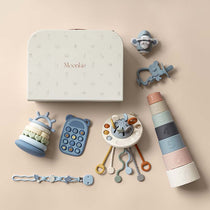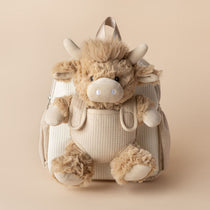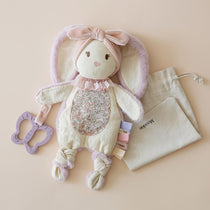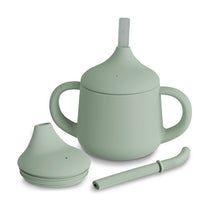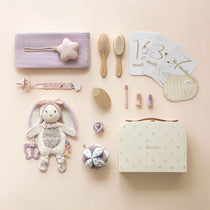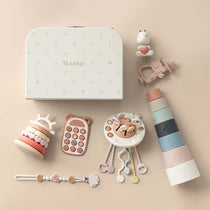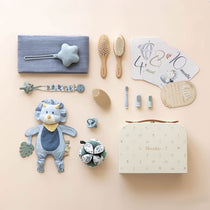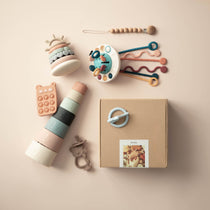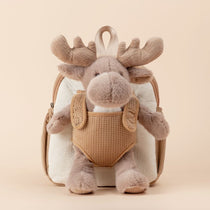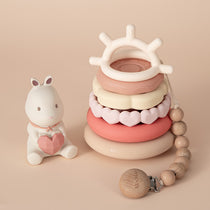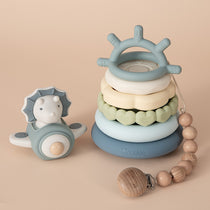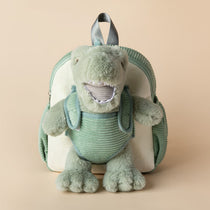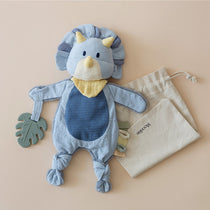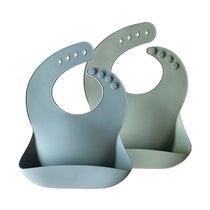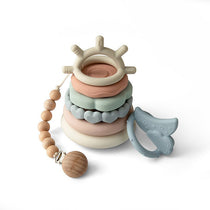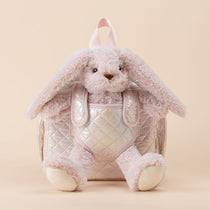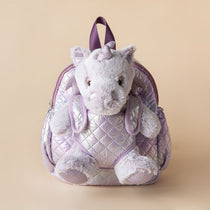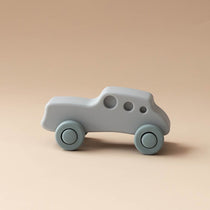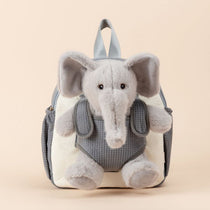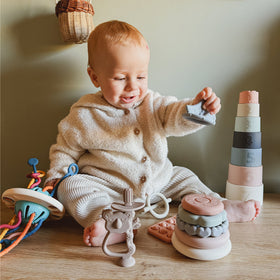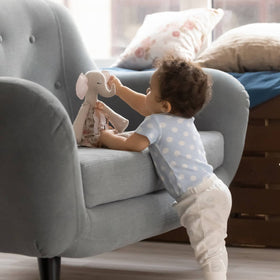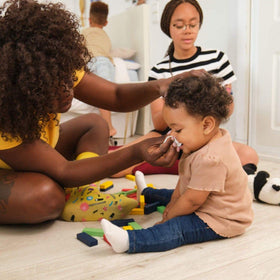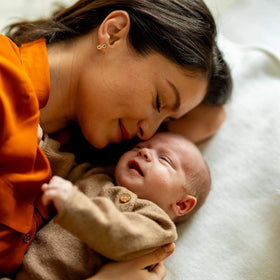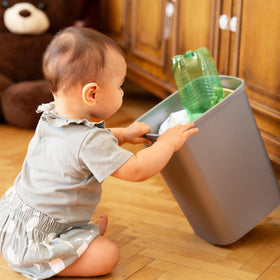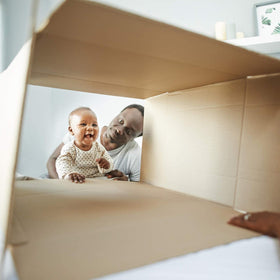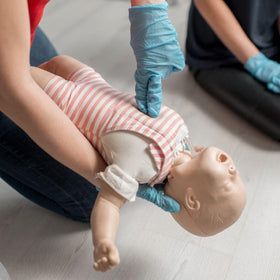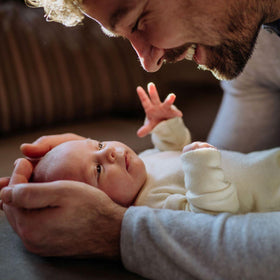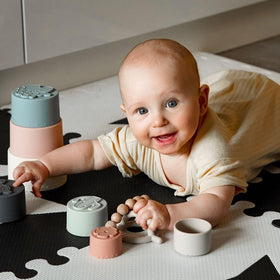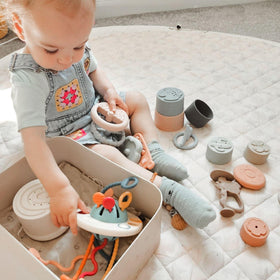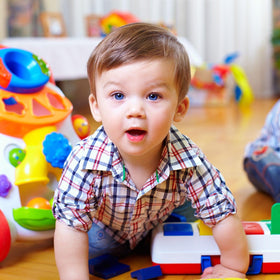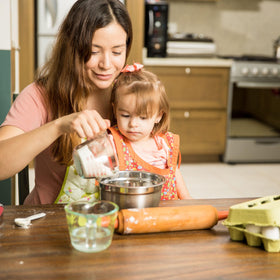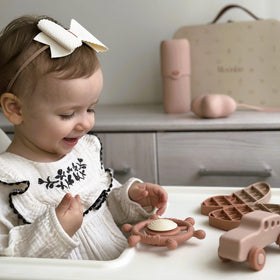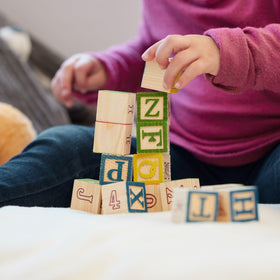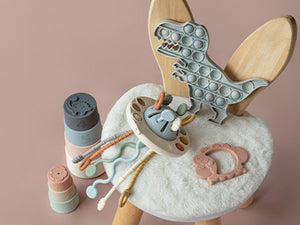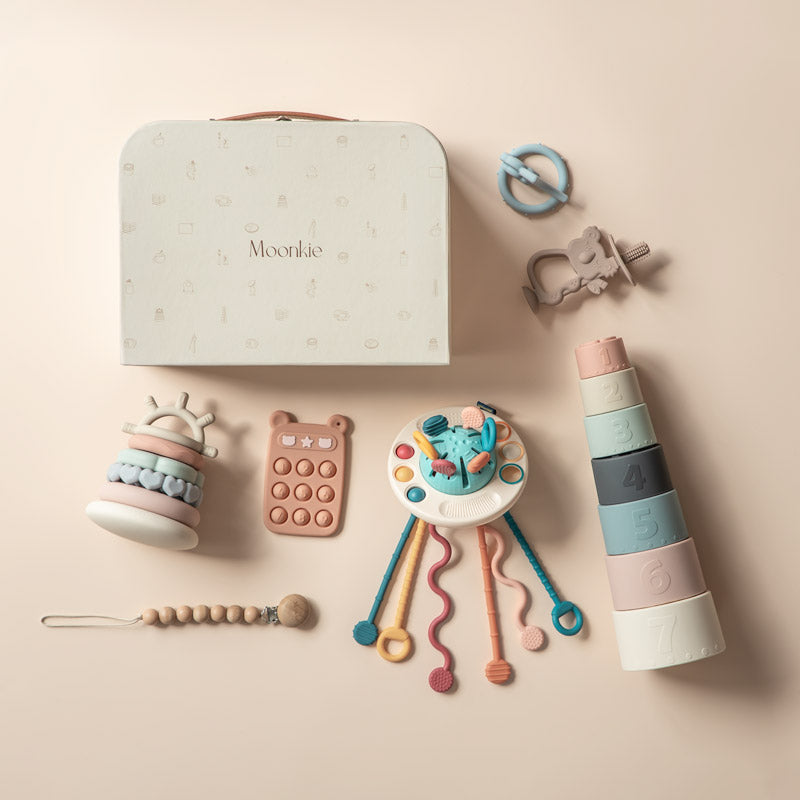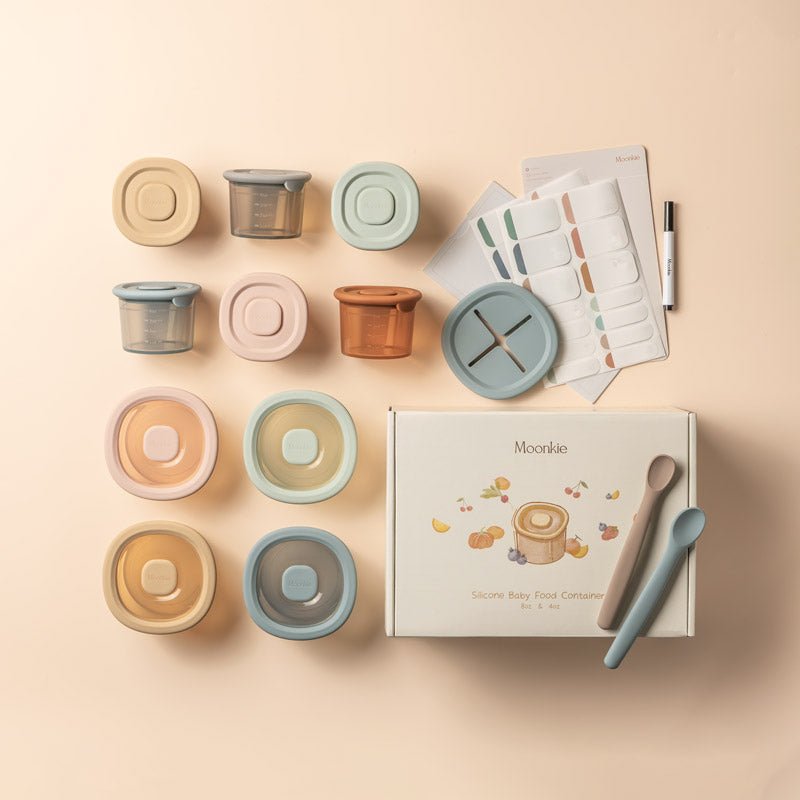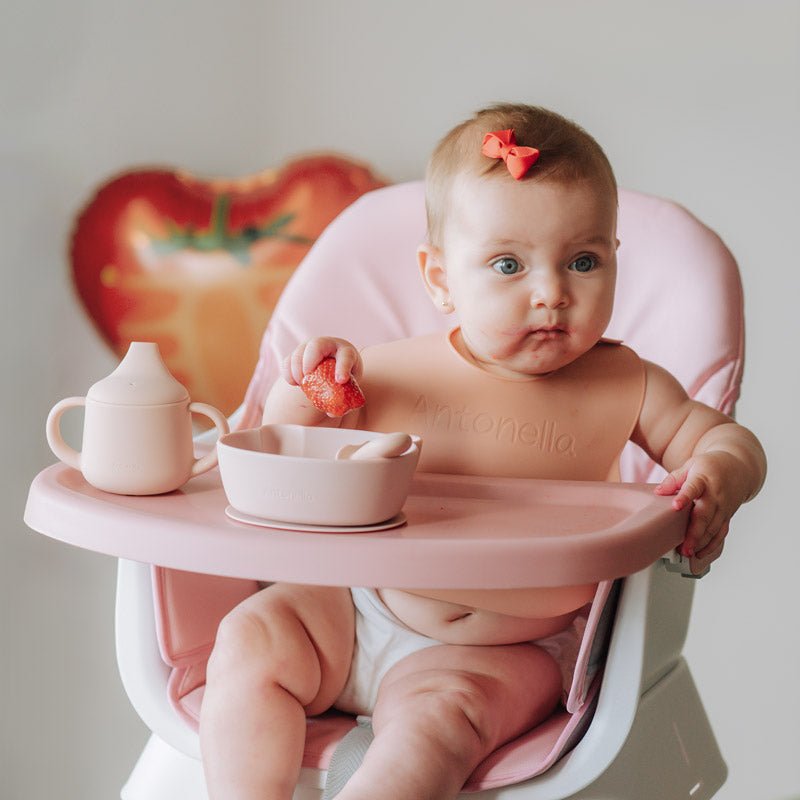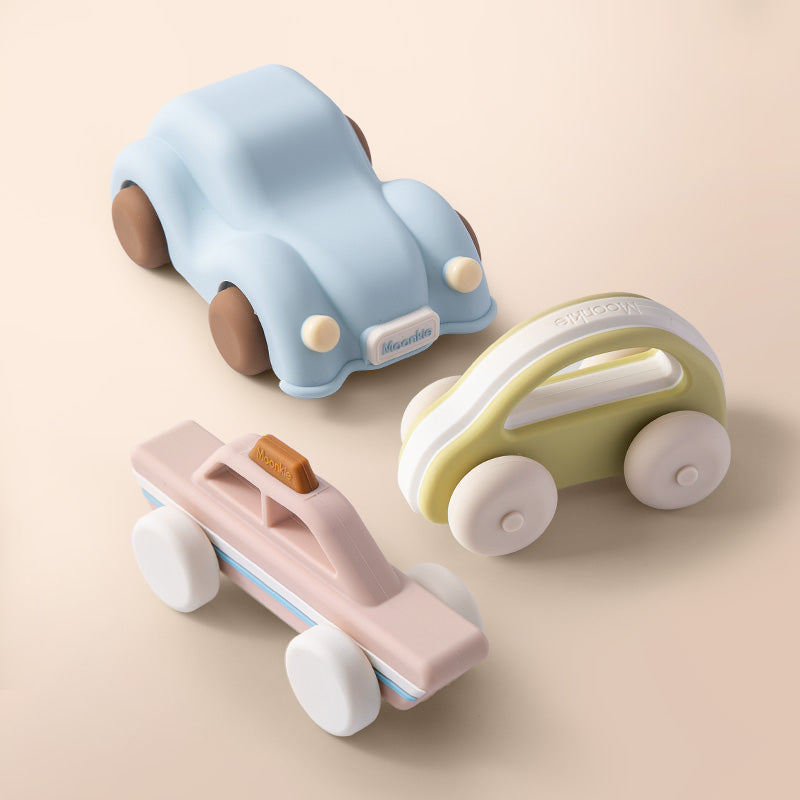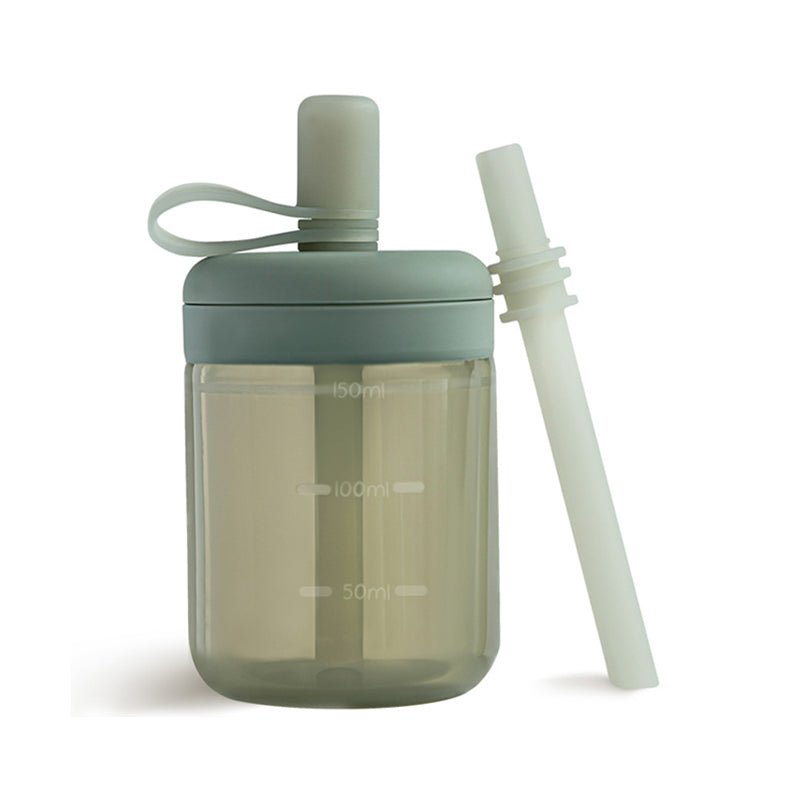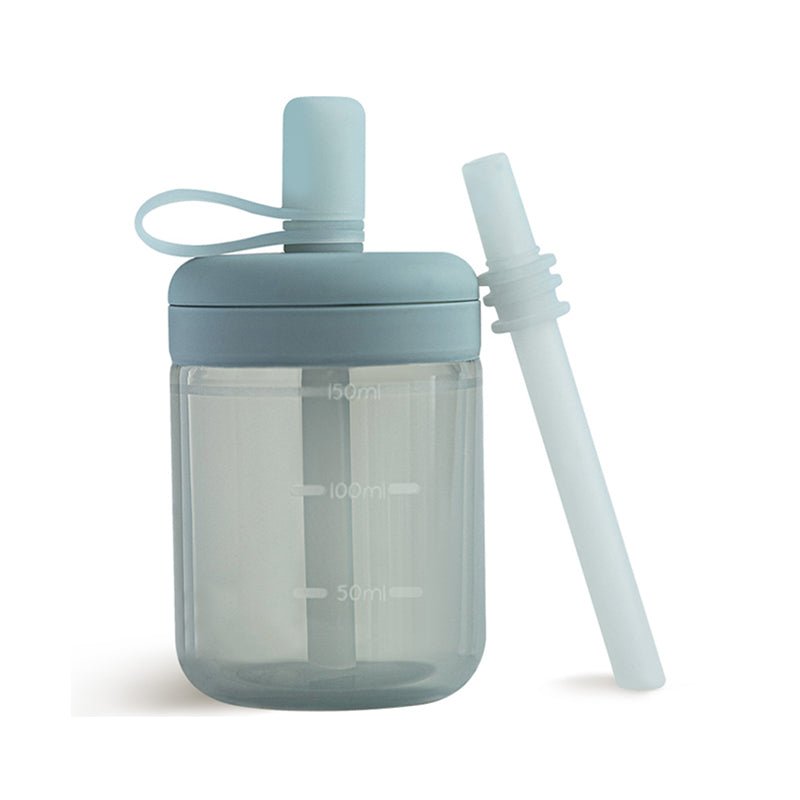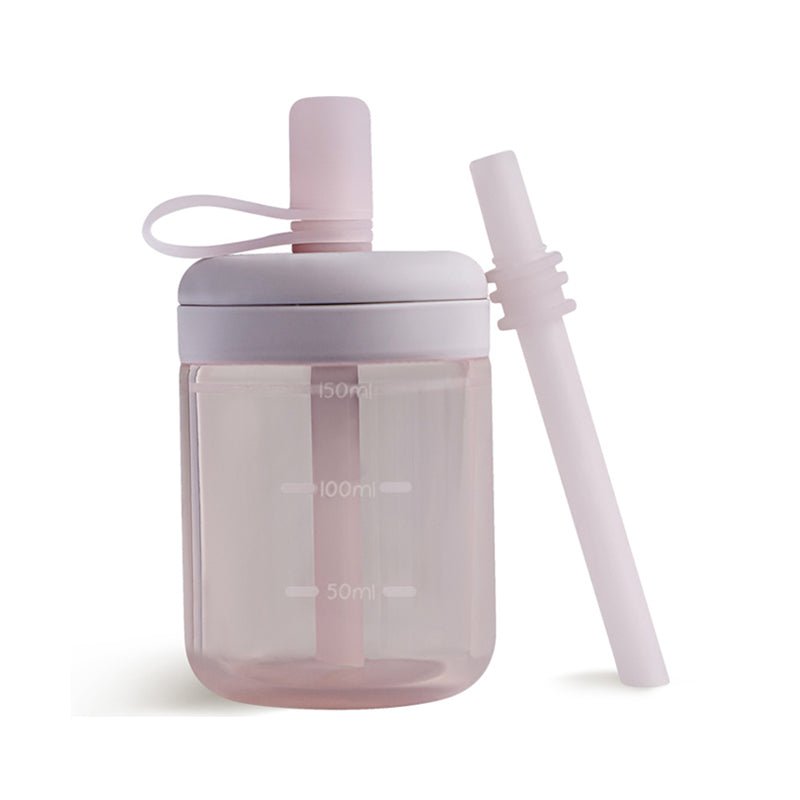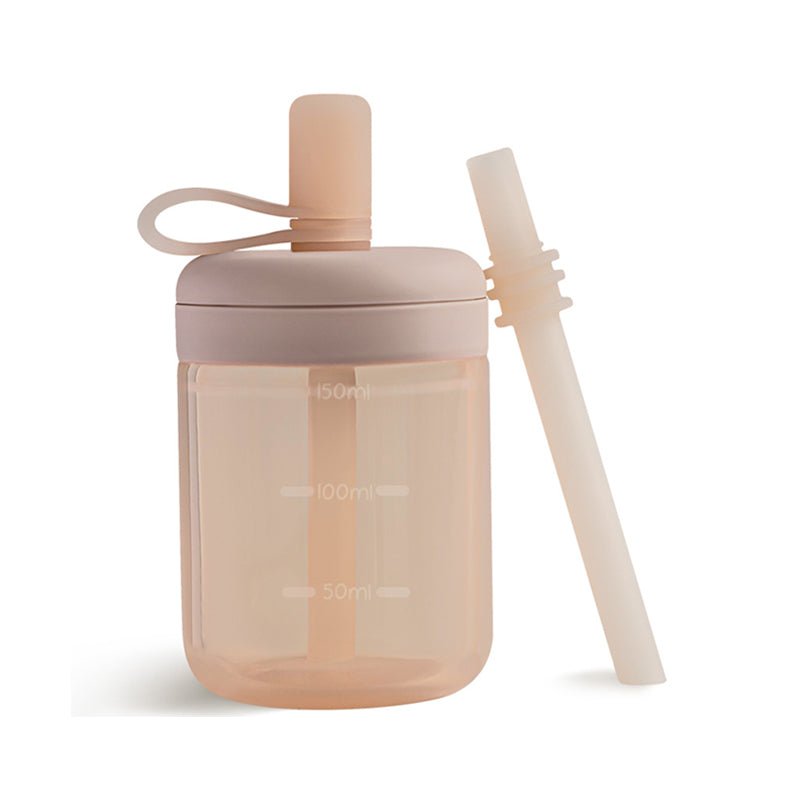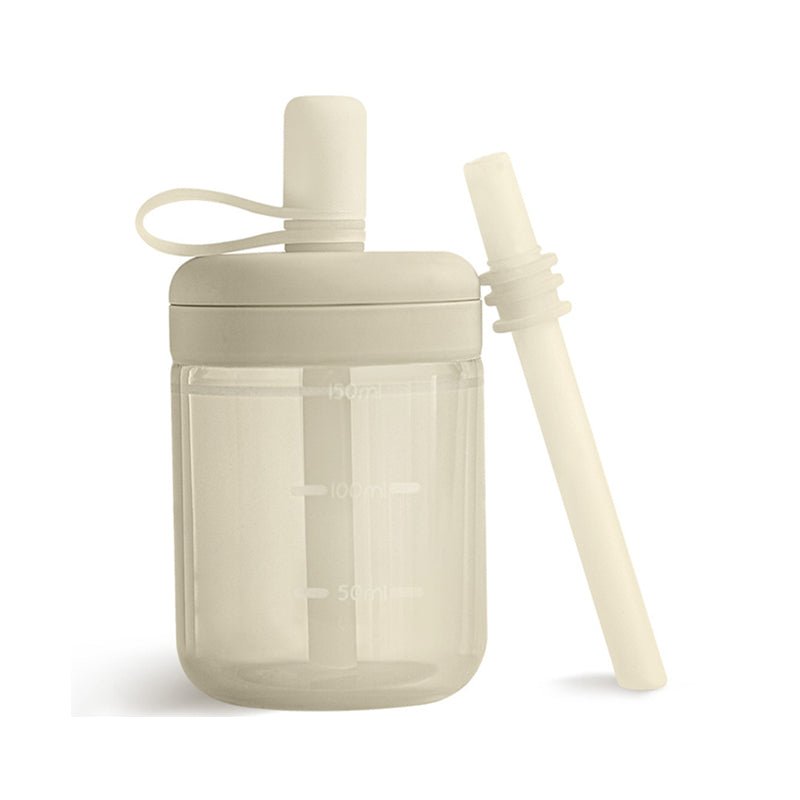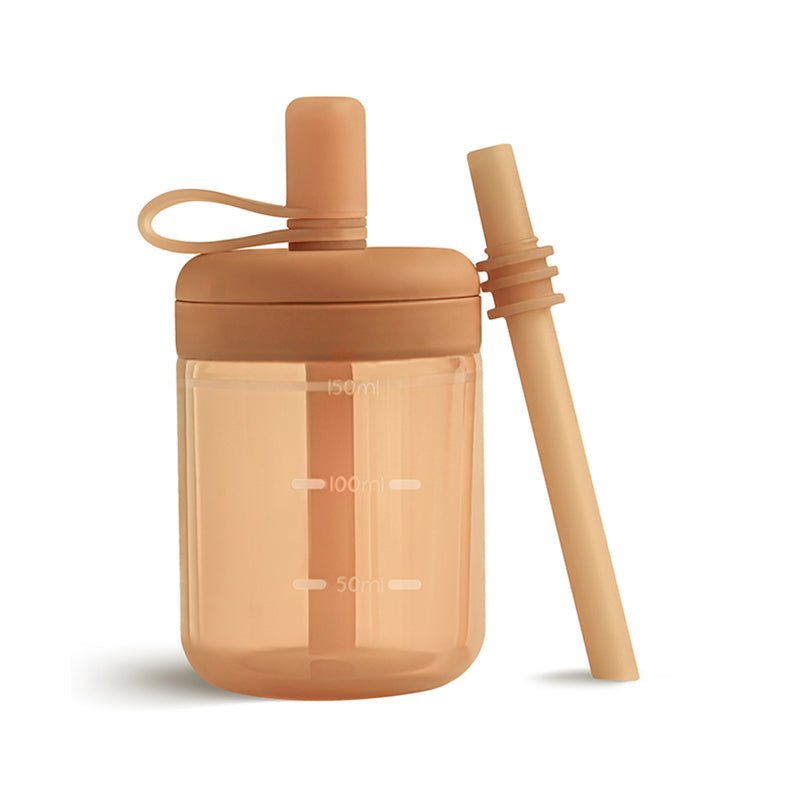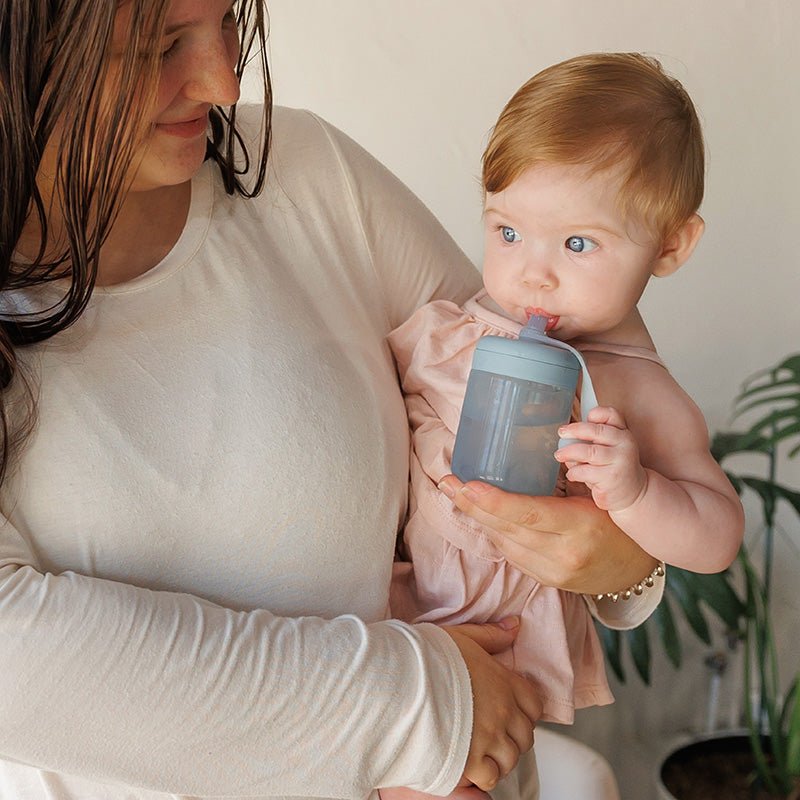Some parents joke that the first haircut brings tantrums and a strong will. Somewhere between 12 and 15 months, your toddler will begin throwing tantrums. By 24-months-old, those tantrums will probably be more intense and common. Are tantrums normal? Is there anything parents can do to avoid or minimize them?
Toddler tantrums are a normal part of child development. Tantrums are one way toddlers express their emotions and communicate their needs. How a parent handles those tantrums profoundly affects how the child will handle anger, intense emotion, and self-control later in life.
But balancing patience and self-control with discipline and teaching respect for others is ridiculously tough, especially in the moment! So, here are some tidbits of hard-earned wisdom and research to help you out.
What Is a Toddler Tantrum?
A toddler tantrum is a sudden outburst of emotions that can include crying, screaming, kicking, and hitting. You can't miss it. Tantrums usually occur in response to frustration or when a child cannot communicate their needs effectively.
While tantrums can be challenging to manage, they are a normal part of child development and usually decrease in frequency as children learn how to communicate their needs more effectively.
Toddlers tend to throw tantrums when tired, hungry, shocked, worried, feeling ignored, feeling cooped up, or feeling prohibited from doing something (source). Sometimes, a feeling slowly devolves into a tantrum, but most tantrums start with an event.
Parents can help their toddlers learn to communicate their feelings more appropriately by demonstrating solid self-control and communication in their own lives, giving their children space and time to describe what they feel, and listening.
But before we get into the specifics of how parents can handle tantrums well, let's set our expectations for what toddlers are actually capable of.
What Is a Toddler Emotionally Capable Of?
Toddlers are emotionally capable of experiencing a range of emotions, including happiness, sadness, anger, and frustration. They can even feel two of these emotions at the same time. However, they may not have the language or cognitive skills to express their emotions effectively--hence the meltdowns.
Two-year-olds can feel empathy and understand the feelings of others. They may cry when seeing another child cry or get upset when an animal seems distressed (source).
Toddlers at this age are also trying to figure out social skills like communicating ideas, plans, and sharing, which means conflict with others really picks up at this age. Emotionally, toddlers can feel wronged, insecure, jealous, or angry when things don't go according to plan.
Likewise, toddlers can feel joy for someone else, excitement about something about to happen, or sadness for a loss. Imagine having all these emotions and not being able to talk about them! You might have tantrums in intense moments, too!
Can I Expect My Toddler to Separate Anger and Sadness?
Yes and no. One-year-olds will certainly feel anger and sadness separately or in tandem, but they cannot separate them yet. Some two-year-olds can identify one or the other if they have been taught to name those emotions already, but simultaneously identifying them is tricky.
For example, when feeling embarrassed or shameful, a toddler may feel a mixture of sadness and anger but be unable to say so. So, it is crucial for parents to pay attention to what happens immediately before an outburst to help their toddlers name the emotions they are feeling.
You can even explore different feelings through playtime. When your toddler is not feeling overwhelmed or charged with strong feelings, playing through scenarios where situations spark emotions is a simple and safe way to name emotions.
Can I Expect My Toddler to Self-Regulate?
No, you should not expect your toddler to self-regulate. Though toddlers are all about expressing their independence, pushing boundaries, and trying things out for themselves, emotional self-regulation is not an innate ability.

You have to teach your toddler how to handle their emotions appropriately. Part of that is done by walking through identifying the problem, naming the emotion, calming down, thinking of a solution, and putting it into action. The other part is being a living example.
Most of us can probably point to at least one instance where an adult in charge set a terrible example of handling a problem. That one instance of no emotional self-control may outweigh all the times when that same adult handled things appropriately.
Be mindful of what you say and do! You probably shouldn't ask your child to do what you say, not what you do, because they will go on to do the same thing. Instead, discipline appropriately and consistently while holding the same standards of respect for others.
How Should I Discipline My Toddler?
Disciplining toddlers is challenging because different families have various beliefs, cultures, and expectations to shape discipline. However, positive discipline techniques are powerful for parents and helpful for toddlers when enforced consistently.
Positive discipline techniques include but are not limited to the following:
Discipline Techniques |
Explanation |
Set clear boundaries. |
Set age-appropriate expectations, rules, and boundaries that parents and caregivers consistently communicate and enforce. |
Use positive reinforcement. |
Use positive reinforcement like praise, high-fives, and appreciation whenever your toddler obeys a rule, shares, acts thoughtfully toward others, or handles discipline appropriately. |
Make the punishment fit the crime. |
Avoid blowing up, yelling at, spanking, slapping, hitting, or throwing things when your child throws a tantrum or makes a mistake. Huge punishments for everything will break or harden your child's heart. Instead, match punishments to the infraction. For example, throwing food on the floor means picking that food up, or slamming the door means opening and closing the door gently twenty times. |
Use a variety of discipline techniques. |
Not every child responds the same to each discipline technique. Likewise, one type of discipline is not suitable for every infraction, nor will it work to the same effect over time. |
Allow natural consequences. |
Toddlers and children learn best when their disobedience leads to a "natural consequence." For example, refusing to put shoes on before going outside means stepping on something pokey, or not listening right away means missing out on a fun activity. |
Should I Discipline My Toddler for Throwing a Tantrum?
Before you discipline your toddler for a tantrum, think carefully. Is your toddler throwing a tantrum to break your rules or as a reaction to not getting what he wants? Is it an intentional demonstration against your authority or an overwhelming wave of emotions for an unfulfilled expectation?
Yes, your toddler needs to learn to respect others and express his emotions appropriately, but will discipline, like a spanking, time out, or a slap on the hand, teach that respect? Though it flies in the face of old-school discipline and my upbringing, I would argue that it doesn't.
Time to cool off, identify the issue, name the emotion, and sort it out would be ideal for training a toddler, but that is not always doable (especially in public or when you've got other kids breaking down, too).
What Should I Avoid Doing During a Toddler Tantrum?
And what if throwing a tantrum becomes a pattern for anything that doesn't go the toddler's way? Some parents fear what tantrums in the terrible twos will become later.
Here are a few things to keep in mind to avoid making bigger problems later:
Things to Avoid |
Explanation |
Blowing up in anger whenever your toddler has a tantrum. |
This teaches your child that the one throwing a bigger fit wins. It can also spark fear, low pride, low self-esteem, callousness, or emotional withdrawal. |
Laughing at or shaming a toddler who is having a tantrum. |
Not taking your toddler's emotions seriously will push her away, make her feel unimportant, or isolate her. |
Comparing a toddler's meltdown to the way other kids handle their emotions. |
The comparison game never leads to healthy self-regulation or emotional stability. |
Totally ignoring the tantrum. |
When a tantrum is thrown regularly for attention, you may need to ignore it. But not all tantrums are thrown for attention--most are thrown to express overwhelming feelings. |
Calling the toddler names for having a tantrum. |
Toddlers throw tantrums—a developmental milestone every child experiences. So, calling him names or telling him that he is stupid for throwing one is harmful to your relationship and his perception of himself. |
Giving in to a tantrum. |
Never give a toddler what they want when they throw a tantrum, as this will reinforce the behavior later. Instead, stand your ground firmly and calmly, wait for the storm to pass, and help your toddler figure out a better way to get the desired thing. |
How Should I Handle My Toddler's Defiance?
Calmly and patiently. No, it is not respectful or acceptable for a toddler to lash out and be ugly in a show of defiance, but responding in kind would also not be helpful. Respond to your toddler with the patience and respect you want him to demonstrate to you and others.
It can be helpful to offer two or three choices (none of which should be what the toddler demands) to give your toddler a sense of control over his choices. However, you should consistently enforce clear boundaries and follow through with consequences if destructive or mean behavior occurs.
How Do I Handle My Toddler's Stubbornness?
Just as with outright defiance, responding to stubbornness with patience and a calm demeanor is helpful. Offering choices and redirecting your toddler's attention to a different activity are also helpful with stubbornness.

Sometimes, toddlers are stubborn for the sake of being stubborn. They are trying to be independent and march to the beat of their own drum.
However, stubbornness that leads to disobedience, a rule break, disrupting others, or attempted manipulation of whatever is happening is not okay and should result in discipline.
There are other times when a toddler's stubbornness will lead to natural consequences. If that's what happens, saying, "I told you so," is not helpful. Just let your toddler learn from the consequences.
Looking for some ways to survive this intense stage of parenting? Read 9 Sustainable Parenting Hacks for Busy Moms and Dads.
How Should I Handle My One-Year-Old's Biting or Hitting?
Harming others physically out of anger should be a clear boundary with swift consequences. When a one-year-old bites, respond immediately and calmly. You can say "no" firmly and remove your child from the situation.
If your toddler hits or bites another child for a toy, take the toy and give it to the other child. Make it clear that biting or hitting will never result in getting what your toddler wants.
How Should I Handle My Two-Year-Old's Biting or Hitting?
A two-year-old is old enough to understand that biting or hitting others is wrong and may even be able to empathize with the pain he causes. You should be quick and firm with punishments for physically hurting others, but you should not lose your calm.

Losing your cool will only demonstrate that you can physically hurt others when angry, which is not an easy lesson to undo down the road. Two-year-olds who bite can be told, "No, we do not bite or hit others," and removed from the situation.
For some two-year-olds, sitting in timeout while other kids continue with an activity is a more powerful punishment than spanking. If a two-year-old regularly bites or hits others when he wants something, he will have to sit out of many fun activities.
How Do I Handle My Toddler's Refusal to Listen?
Before you can handle your toddler's refusal to listen, you've got to understand what's going on. Toddlers develop at an insanely fast rate, and they are always learning. Your toddler's "refusal to listen" could simply be due to your toddler learning to listen.
You can help your toddler in this way by getting down on her level, making eye contact, and speaking simply. Yelling instructions across the house or trying to tell your toddler something while she is deeply invested in imaginary play will not work.
You can encourage more active listening by rewarding your little one when she listens and obeys right away. You can also try lightening the mood or making a task you've asked her to do more fun.
However, if your toddler's "refusal to listen" is an outright "I heard you, but I'm not going to do that," you've got a power struggle on your hands. You cannot force your child's free will to do whatever you say. Eventually, she will grow stronger than you.
Besides, the more you try to force her, the more power she will think she has in her defiance and keep doing it (source).
One thing you can do is differentiate between "have-tos" and "extra fun stuff." For example, "We have to clean our room and brush our teeth. The longer it takes you to do the have-tos, the less time you have for screen time."
How Should I Handle My Toddler's Aggressive Behavior Toward Pets?
Your toddler needs to know that being aggressive toward pets is not acceptable, especially since hurt or cornered animals may snap back and hurt your child. Calmly and firmly tell your toddler "No, we don't hurt animals" and take him away from the animal.
Let your toddler watch as you pet the animal and reward it for not harming your child in defense or retaliation. If your toddler is hitting because he doesn't know better, you can show him how to treat the pet.
However, if aggression toward a pet is common, your toddler needs a consistent consequence for breaking that rule. The consequence must be firm and immediate since it could be dangerous for your little one if he persists in hitting the pet. Likewise, praise your toddler whenever he treats the pet well.
One day, believe it or not, your toddler will be ready for preschool. Learn the signs that he may be ready in When Is My Toddler Ready for Preschool?
In a Nutshell
So many other questions could be covered in this topic! But I'm sure you get the gist of how to handle tantrums and disobedience: understand what's going on, set clear rules, create logical and age-appropriate consequences, stay calm but firm, don't give in to tantrums, and use positive reinforcement where possible.
Most importantly, hang in there! This, too, shall pass.

